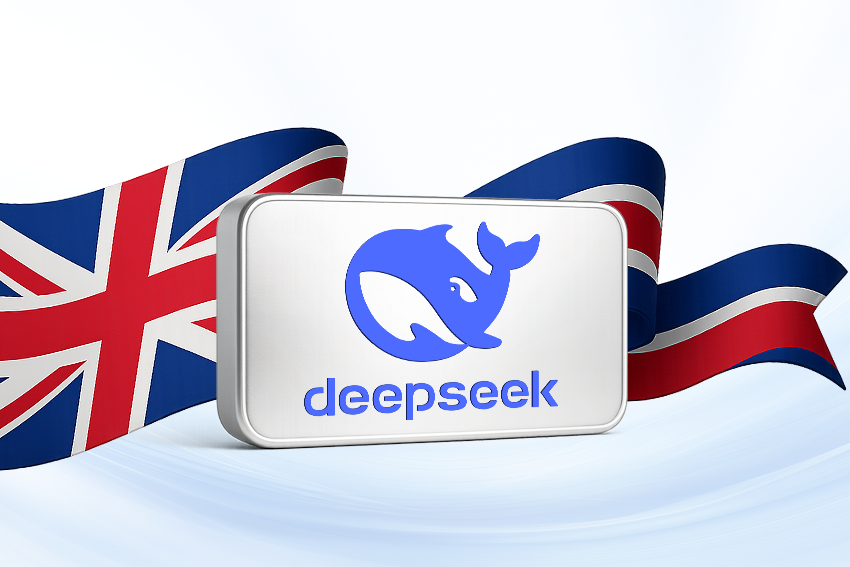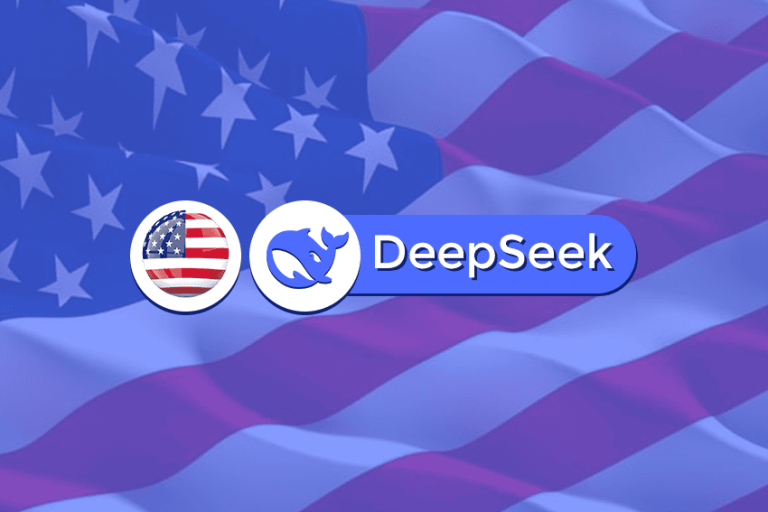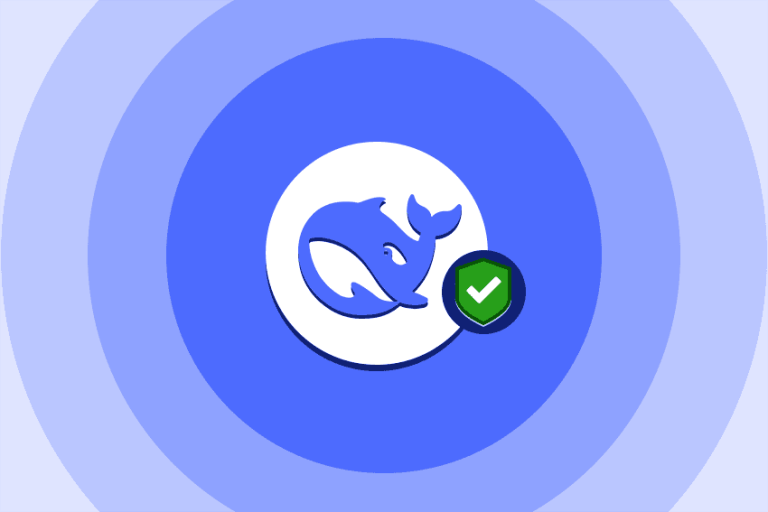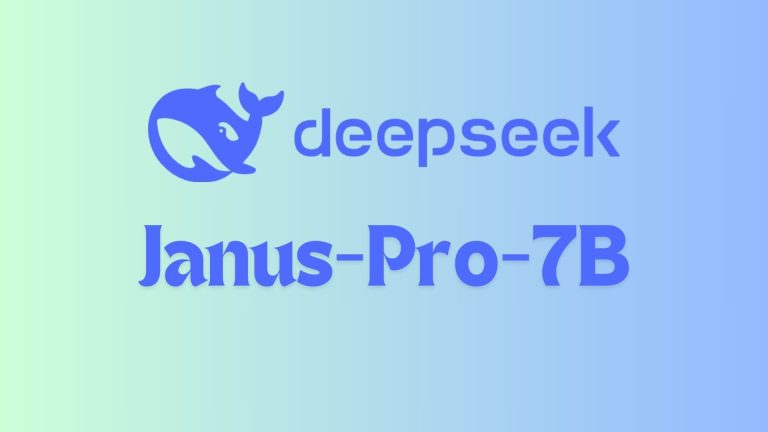There’s a new name buzzing across the UK tech scene – DeepSeek. In late 2024, this free AI chatbot burst onto the stage and quickly climbed to the top of app charts in Britain and beyond. Whether you spotted a headline about it or heard colleagues chatting about “the new ChatGPT rival”, you might be wondering what all the fuss is about.
Is DeepSeek truly a game-changer, and what does it mean for users in the UK? This guide will unpack everything a British user needs to know about DeepSeek – from its powerful features and how it compares to ChatGPT, to the questions of privacy and how to get started in seconds.
What Exactly is DeepSeek?
DeepSeek is essentially a free, next-generation AI chatbot – imagine ChatGPT, but without the subscription fee or paywall. It was developed by a Chinese AI startup in 2023 and has quickly gained global recognition for delivering GPT-4 level intelligence at no cost to users. In simpler terms, DeepSeek can hold conversations, answer questions, help with coding or writing tasks, and much more – all through a friendly chat interface.
Early tests suggest that DeepSeek’s flagship model (called DeepSeek-R1) performs on par with some of OpenAI’s latest models in tackling complex problems. The big difference? DeepSeek offers its AI completely free, which has understandably caused quite a stir among AI enthusiasts, students, and professionals alike in the UK.
Why is Britain Talking About DeepSeek?
There are a few reasons DeepSeek has the UK’s attention. First, price and accessibility: anyone can use it via the web or mobile app without paying a penny, which stands in contrast to some features of ChatGPT that sit behind a paywall.
Second, its performance claims have been backed by notable results – for instance, DeepSeek’s app rocketed to #1 on the UK App Store, briefly overtaking even ChatGPT in popularity. Third, it arrives at a time of intense interest in AI.
British media outlets like the BBC have been covering DeepSeek as it challenges the notion that cutting-edge AI is dominated by US companies. In other words, DeepSeek has become part of a bigger story: the global AI race, where the UK audience is keenly watching how a new contender from China might shake things up.
DeepSeek vs. ChatGPT: How Do They Compare?
It’s only natural to compare DeepSeek with its well-known counterpart, ChatGPT. Both are AI chatbots capable of remarkably human-like conversation and problem-solving, but there are a few key differences:
- Cost: DeepSeek is free for all users. There’s no premium tier for faster responses or special features – you get everything without charge. ChatGPT, on the other hand, offers a free version but reserves its most advanced model (GPT-4) for paying subscribers. For businesses or heavy users, DeepSeek’s API is also notably cheaper than OpenAI’s offerings, which could be a deciding factor for startups or students on a budget.
- Performance: In terms of raw capability, DeepSeek’s creators claim it rivals OpenAI’s latest models. Independent tests have shown DeepSeek doing exceptionally well in coding tasks and complex reasoning, matching or sometimes outpacing ChatGPT in specific scenarios. However, ChatGPT, backed by more mature technology, might still have an edge in certain areas like creative writing or nuanced understanding – the jury is still out, and results can vary by task.
- Data and Privacy: One area getting special attention in the UK is how these AI models handle data. ChatGPT is developed by a US-based company with its own set of data policies; DeepSeek comes from China, prompting discussions in Britain about data security. In fact, UK officials have advised caution to users when sharing sensitive information with DeepSeek, echoing concerns similar to those raised about other foreign apps. We’ll delve more into the privacy topic below, but it’s worth noting that for everyday casual use (like brainstorming an email or getting coding help), both tools are generally safe and incredibly useful.



